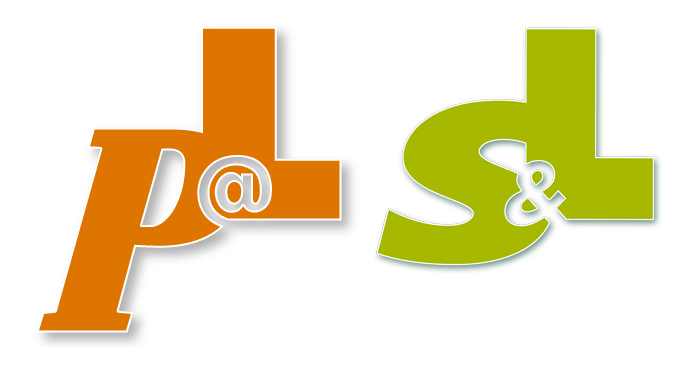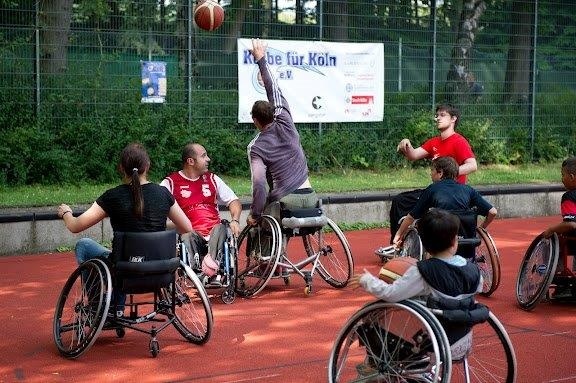Fair city sharing - what can urban planning contribute?
Our cities have grown over centuries. This also reflects the history of urban society, i.e. who was in charge, which professions were accessible to whom. A city is a multi-layered structure:...


YOUR FORUM FOR PLAY, SPORTS UND LEISURE AREAS

Sport-Agenda Köln 2015 represents the first framework programme designed for the strategic promotion of sports in the city of Cologne. The objective is not merely to ensure that citizens benefit from the primary effects of sports and exercise but to use these as tools to further positive developments in other areas, such as integration, prevention, rehabilitation, business, social welfare and education. The local Sportstadt Köln association aims to get Cologne’s citizens moving.
The Sport-Agenda Köln 2015 programme is the outcome of the Sportstadt Köln project initiated
in autumn 2007 that was selected by the state of North Rhine-Westphalia as one of its model ventures. The operational project team worked in close cooperation with Cologne’s department of sport and the municipal sport association Stadt-SportBund Köln e.V. (SSBK). From its inception, the project was focused on Cologne and its efforts were enhanced by the formation of a high-profile steering group under the leadership of Cologne’s then mayor, Fritz Schramma and the chairman of StadtSportBund Köln e.V., while other eminent representatives from the city administration, sports, sciences and business formed the group. Cologne’s sports policy institutions were also regularly notified of and involved in developments.
A survey of the current situation of Cologne’s sports scene showed that sports are already very popular in the city and that there is considerable potential for expansion. At the same time, however,
it was determined that there were a series of concerns and areas in which improvements could be made. Among the examples cited were the following: it is known that children who are introduced to sports in kindergarten and at school tend to develop a lifelong affinity with these. It was found that this aspect needs to be more vigorously encouraged in Cologne. It was also concluded that a more systematic approach should be taken to the promotion of top-level sports and the support of talented young athletes. Another drawback was the fact that Cologne did not stage enough sporting events likely to generate interest outside the immediate vicinity of the city itself. Cologne’s external profile and claim to be a ‘city of sports’ would be given a boost if the city were able to host more major sports competitions.
The Sport-Agenda Köln 2015 programme was conceived on the basis of the results of the survey with the intention of comprehensively fostering sports across the whole spectrum in Cologne. Twelve key areas were defined for which core strategies were drawn up while the already existing projects, activities and schemes in these were collated. The Sportstadt Köln team drew up new projects and schemes where deficiencies were identified. As a result, some 120 on-going and newly initiated projects, activities and schemes have been incorporated in the Sport-Agenda Köln 2015 programme since late August 2010. In coming years, this framework strategy is to be further extended to include additional projects, activities and schemes while it seems that other new undertakings may well beinstigated (for 2020, for example). By means of the targeted promotion of relevant aspects in the key areas school and kindergarten sports, top-level sports and the support of young athletes, club sports and non-aligned sporting activities, sport for health and rehabilitation, social integration through sport and education and training, it is hoped that it will prove possible to get the inhabitants of Cologne on their feet and keep them there over the long term.
And in order to reinforce the image of Cologne as a ‘city of sports’ both externally and internally, the programme will also systematically concentrate on supporting the key areas defined under the headings ‘Attractive sports/exercise venues’, ‘Major sporting events’, ‘Spectacular sports architecture’, ‘Local heroes’ and 'Prominent sports organisations’.
Two of the aspirations derived from the key areas and characterized in simple terms in the form of ‘Make Cologne a city of school sports’ and ‘Use sports to make Cologne a model of social integration’ are considered in more detail below. It is in preschool and school-age children that the preconditions for a later enjoyment of sports and exercise develop and the basis for a subsequent healthy lifestyle is laid down. This is the reason why the Sport-Agenda Köln 2015 programme puts such emphasis on kindergarten and school sports both in terms of the extent and quality of PE lessons. New concepts and groundbreaking innovations are to be initiated with the help of local sports organisations in Cologne. These will be relevant to the support of young athletes and the use of sport as a tool to further social and intercultural integration. Sports also provide children and young people with many opportunities to develop their own personalities (cf. the Starker Sport – starke Städte und Gemeinden [Sturdy sport – sturdy cities and communities] project). Under the spotlight will be
‘social spaces’, such as child day-care centres, primary schools, all-day schools, secondary schools, vocational schools and non-institutional organisations.
When it comes to the problem areas ‘obesity in children’ and the ‘social integration of disadvantaged children and young people’, sports not only have a primary function, but also important secondary effects. In this context, sports programmes and activities need to be tailored specifically to the requirements of the target groups if all these factors are to adequately come into play. The provision of sports activities that are suitable for children with disabilities is similarly important. However, the measures and projects that are put in place should not just focus on eliminating any deficits in the systems for providing support to young athletes and for identifying future talent, but should also be directed at helping children with particular aptitudes for sports.
There is already a wealth of sports-related activities in Cologne’s kindergartens and schools. As these most frequentlytake the form of isolated activities, the best way to pool the available resources would be to advocate the formation of stronger links and improved intercommunication. The Cologne-based action alliance Gesunde Lebenswelten [Healthy living conditions] that is made up of representatives of the various institutions, such as the education authority, the department of sports, the German Sport University in Cologne (DSHS), the youth welfare services, the SSBK etc. would be the appropriate organisation through which to achieve this.
A cluster of four elementary objectives in association with the key area ‘Sports in schools and kindergartens and sports for young people’ have been delineated within the Sport-Agenda Köln 2015 programme: it has been proposed that in order to nurture the concept of encouraging very young children to acquire motor skills and to aid with the identification of related deficits as early as possible, general exercise programmes should be initiated in all child day-centres in Cologne.
Not only that, but the quality and quantity of sport offered as part of the curriculum of schools in Cologne must be improved. This can be achieved by means of the use of tailored instruments, such as the introduction of an additional ‘third’ PE lesson and/or swimming lessons, and also through the appropriate provision of training and support to teaching staff.
It is additionally necessary to establish a system that can monitor and promote the health status of children and young people and determine to what extent they participate in sporting activities. Such a system will also facilitate the identification of those with outstanding sporting abilities and those with motor deficits. The kindergartens and schools in Cologne also need to link up more extensively across the boundaries with other stakeholders.
In common with many other large conurbations, Cologne can register a significant shortfall when it comes to effective integration. Almost 25% of the population has an immigrant background. There are many districts where potential social hotspots can be found while some 70,000 registered disabled people also live in Cologne.
In view of the number of districts in Cologne in which socially disadvantaged residents predominate, sports here can play a major role in preventing violence and defusing aggression. The key subjects of ‘Experiential education/Sport as experience’ and ‘Training to obtain core qualifications’ can moreover be taught through sports – not just to the benefit of the socially disadvantaged but also to that of the disabled.
One group which is at the centre of attention of efforts to improve integration is that of ‘girls and young women’ (often those from immigrant families). In some cases, cultural or religious mores may mean that the participation of girls in sport is frowned upon. But it has been demonstrated that sport is the ideal medium to encourage enhanced integration. If certain conditions are observed with regard to what is on offer, it is even possible to improve the social integration of girls of (Muslim) immigrant origin by means of sport.
Two initial and fundamental aims have been set down in view of the above considerations. Sports are to be employed in Cologne specifically to further the integration of the socially disadvantaged, those with an immigrant background and the disabled. In all the areas outlined above, comprehensive sport programmes are to be initiated in the near future in order to support integration policies.
Sport in Cologne is to form an element of a global integration strategy that is to be adopted by official bodies, academic institutions, other relevant groups and social welfare organisations.
Photos: Verein Sportstadt Köln e.V., Koelnmesse